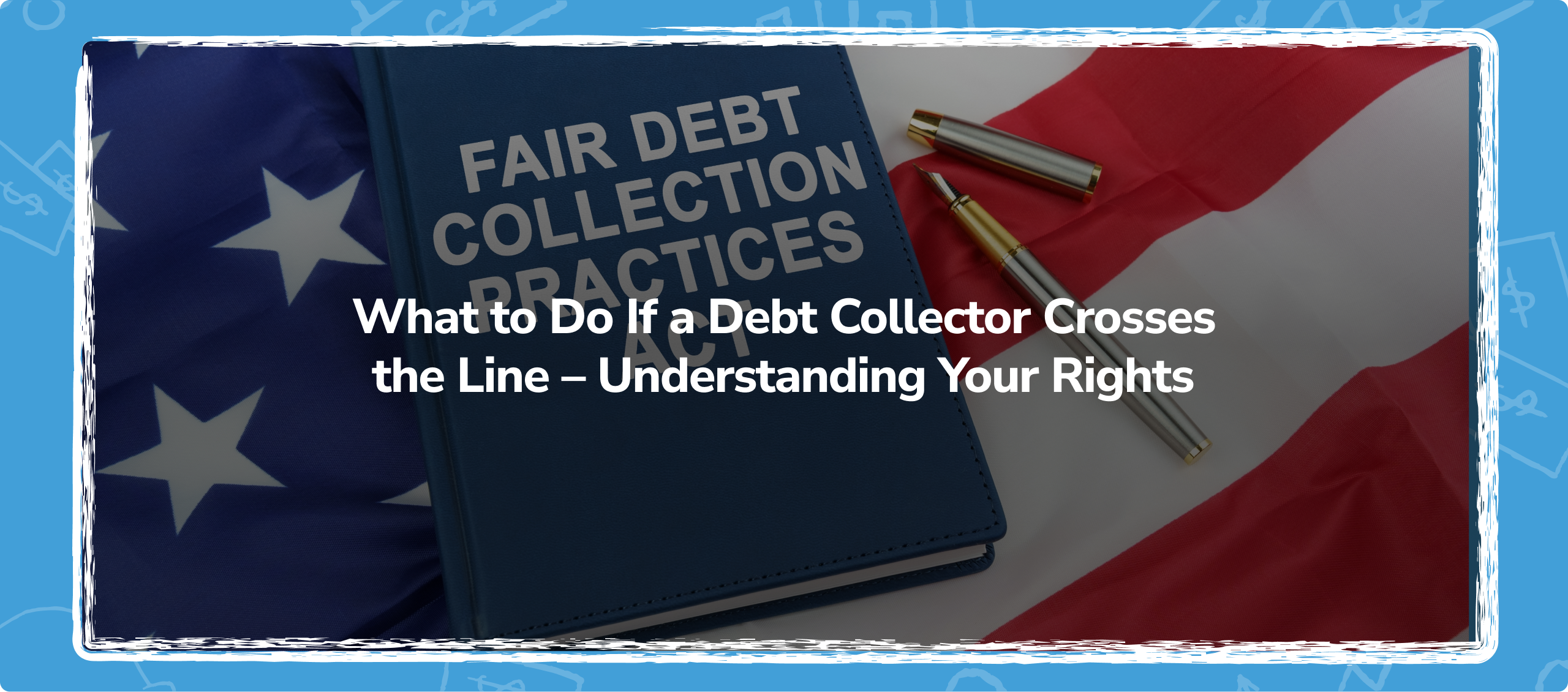Dealing with debt collectors can be stressful, but it’s important to remember that you have rights. The Fair Debt Collection Practices Act (FDCPA) protects consumers from abusive or unfair collection practices. If a debt collector crosses the line, here’s what you need to know:
Signs a Debt Collector May Be Violating Your Rights
-
Harassment: Repeated calls, threats, or abusive language are illegal.
- False Statements: Collectors cannot lie about the amount you owe or claim they are law enforcement.
- Unauthorized Contact: They cannot discuss your debt with others, such as family or employers.
- Ignoring Cease-and-Desist Requests: If you request in writing that they stop contacting you, they must comply (except to inform you of legal action).
How to Protect Yourself
- Know Your Rights: Familiarize yourself with FDCPA protections.
- Document Everything: Keep records of calls, letters, and payment agreements.
- Request Debt Validation: Ask for written verification before making any payments.
- Report Violations: File complaints with the Consumer Financial Protection Bureau (CFPB) or your state attorney general.
If you’re in a debt settlement program, let your program provider handle collector communications. Staying informed and knowing your rights can prevent unnecessary stress and keep you focused on your financial recovery.
.png)
Kim Wasielewski
Kim W. is a debt relief professional helping consumers navigate financial challenges. She is passionate about making money matters easier to understand and believes everyone deserves a fresh financial start.
